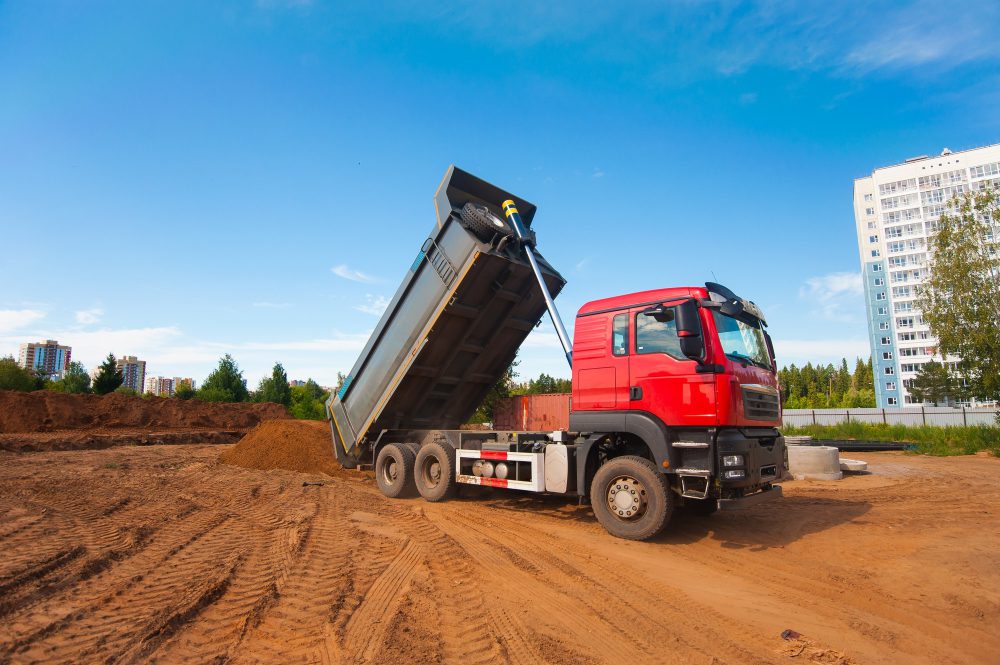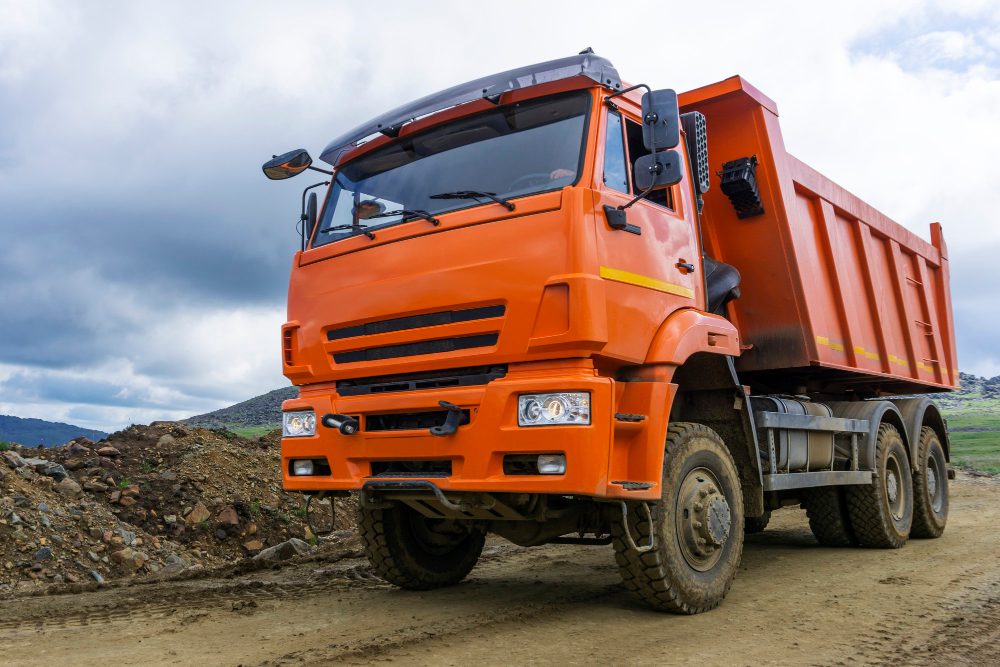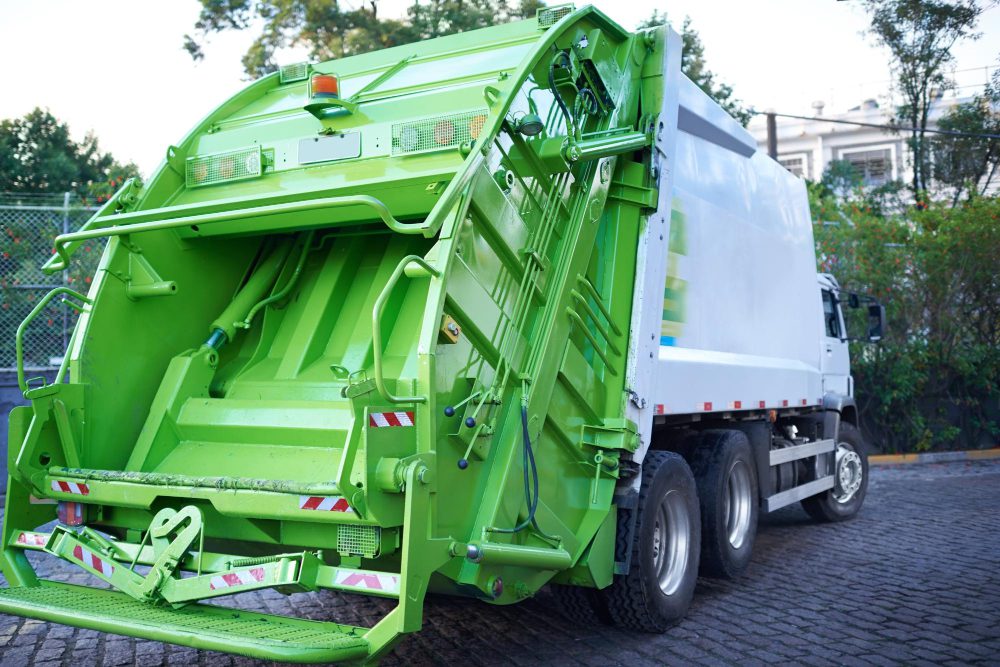If you are interested in driving a tipper lorry in the UK, obtaining the correct licence is crucial. In the UK, you’ll generally need a Category C licence for this. The process involves multiple steps, from the initial application to mandatory training and tests. This article provides a comprehensive guide on what you need to know and do to legally drive a tipper lorry in the United Kingdom.

The Basics: Categories and Licences
In the UK, driving licences are categorized based on the type and weight of the vehicle you intend to operate. For tipper lorries, a Category C licence is generally required. The Category C licence enables you to drive rigid vehicles over 3,500 kg (3.5 tonnes) but not exceeding 32 tonnes.
Initial Requirements
- Minimum age: You must be at least 18 years old.
- Current Driving Licence: You must hold a full car driving licence (Category B).
- Medical Examination: A professional medical examination is required.
Learner Licences
Before obtaining a full Category C licence, you may be issued a provisional Category C licence. A provisional licence allows you to practice on public roads under supervision.
Steps to Obtain a Category C Licence
To acquire a Category C licence, it’s not just about passing a test; there are several steps involved:
- Complete a Driver and Vehicle Licensing Agency (DVLA) application form.
- Undergo a medical examination and submit the medical report (D4 form).
- Obtain your provisional Category C licence.
- Undertake mandatory training.
- Pass the theory and practical tests.
Training and Tests
The training curriculum is exhaustive and covers various aspects such as vehicle control, road safety, and emergency responses. There are also two main tests you need to pass:
- Theory Test: Consists of multiple-choice questions and hazard perception.
- Practical Test: Includes vehicle safety questions and a driving test.
Can I drive a lorry while waiting for my licence?
Simply put, you cannot legally drive a lorry without the correct licence in place. The provisional Category C licence allows you to practice, but it must be under the supervision of a qualified instructor. Hence, you can’t drive a lorry professionally until you obtain your full Category C licence.
“The provisional Category C licence allows you to practice, but it must be under the supervision of a qualified instructor.”
Penalties for Non-Compliance
If caught driving a lorry without the appropriate licence, you could face severe penalties. This may include hefty fines, imprisonment, or a disqualification from driving.
Additional Licences and Endorsements
For certain lorries fitted with specialised equipment or for carrying hazardous materials, you may need additional licences or endorsements.
Driver Certificate of Professional Competence (CPC)
After obtaining your Category C licence, it’s a legal requirement to acquire a Driver CPC to drive professionally. The CPC involves additional tests and periodic training.
Conclusion
Acquiring a licence to drive a tipper lorry in the UK involves a meticulous process. Due diligence, preparation, and compliance with all the legal requirements will not only enable you to earn your licence but also equip you with the skills necessary for a safe and professional driving career.


